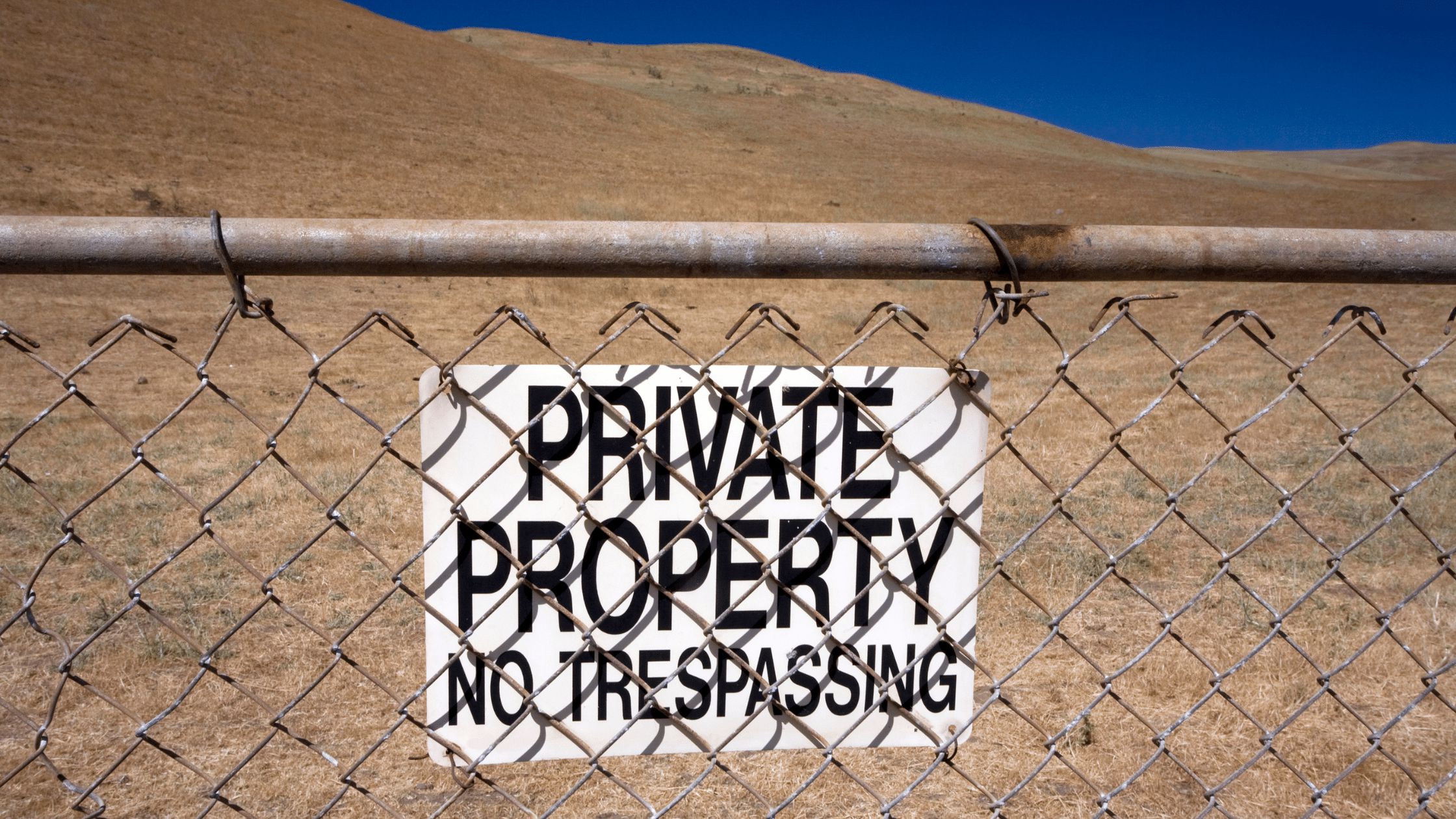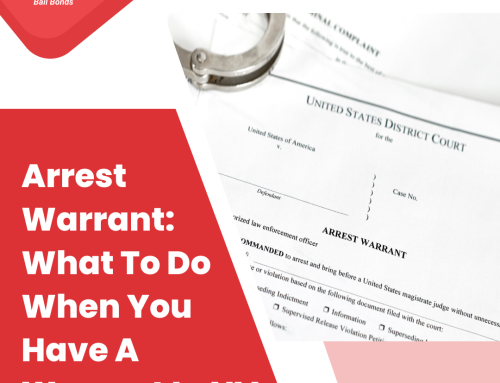In the United States, trespassing is defined as entering or remaining on land that is not owned or lawfully possessed by the trespasser. The punishment for trespassing can vary depending on the severity of the offense, but most cases will result in a fine or jail time. A person who has been arrested for trespassing may need to post a bond to get out of jail. A bail bond agency like ours can help with this.
What Is Trespassing?
Trespassing is unlawful entry onto another person’s property without their consent. This includes entering private property without permission or going onto someone’s land without notifying them first. In some cases, trespassing can also refer to illegally entering a vehicle that is parked on someone else’s property.
Additionally, trespassing can also refer to violating a court order, such as when someone stands outside the home of a party that the court has ordered a person not to visit. This may be the case for some ex-husbands or ex-wives. Even without a court order, for example, standing in front of an ex’s home without a valid reason may count as trespassing.
Trespassing can be punishable by fines or even jail time, so it is important to be aware of the laws in your area.
The Types of Trespassing Charges
The different types of trespassing charges that a person can be charged with depending on the type of property that was trespassed upon, as well as the reason why the person trespassed. The most common types of trespassing charges are criminal trespass, disorderly conduct, and loitering.
As you will see in the next subheading, each charge is based on the circumstances of the case and the specifics involved.
Factors That Influence Bail for Trespassing
The factors that influence bail for trespassing are:
- The seriousness of the offense;
- The criminal history and past character of the trespasser;
- The facts and circumstances of the case;
- The location where the trespassing took place, e.g, a military facility, a neighbor’s house, etc.;
- Whether any weapons were involved in the offense.
How Much Is Bail for Trespassing?
So, how much is bail for trespassing? While the amount of the bail you pay for trespassing will depend on the severity of the offense and your criminal history, bail for trespassing can be expensive. If it is your first time, and you are without any weapons, expect to pay $500 to $1,000 in bail. For a second offense or for a trespassing charge in which you were in possession of a weapon such as a firearm, expect to pay at least $1,500 in bail.
However, the amount of bail may increase if there are grounds to believe that the defendant will not appear in court or if the defendant is a danger to themselves or others. In some cases, defendants may be held without bail if they are considered a flight risk or a danger to the community.
Conclusion
In conclusion, if you have been arrested for trespassing, it is important to first ask yourself: “How much is bail for trespassing?” Once you know the bail amount, you can begin to take steps to post bail.
If you need help with posting bail, you may contact our bail bond agency. We would be happy to help you post bail and get out of jail as soon as possible.
Further Reading: Two FAQs Related to Bail
These are two common questions we want to address.
What Is Bail?
Bail is a financial instrument that allows a criminal defendant to leave jail or prison before their trial. Bail can be paid by the criminal defendant, by someone on their behalf, or most commonly, by a bail bond agency. There are different types of bail, including cash bail and surety bail. Cash bail is the most common type of bail.
Why Is Bail a Necessary Part of the Criminal Justice System?
Bail is an essential part of the criminal justice system for the following reasons.
- It allows people accused of crimes to leave jail until their cases are resolved.
- Bail ensures that defendants have a fair chance to defend themselves by getting an attorney and gathering evidence while out of jail.
- Bail ensures that innocent individuals do not get locked up simply to await trial for something that they may not be guilty of.
- Bail helps ensure that only dangerous criminals, who may be a danger to the public, are kept behind bars until their cases can be heard.
- Bail helps put some pressure off the US prison system; it ensures less crowding in prisons.




